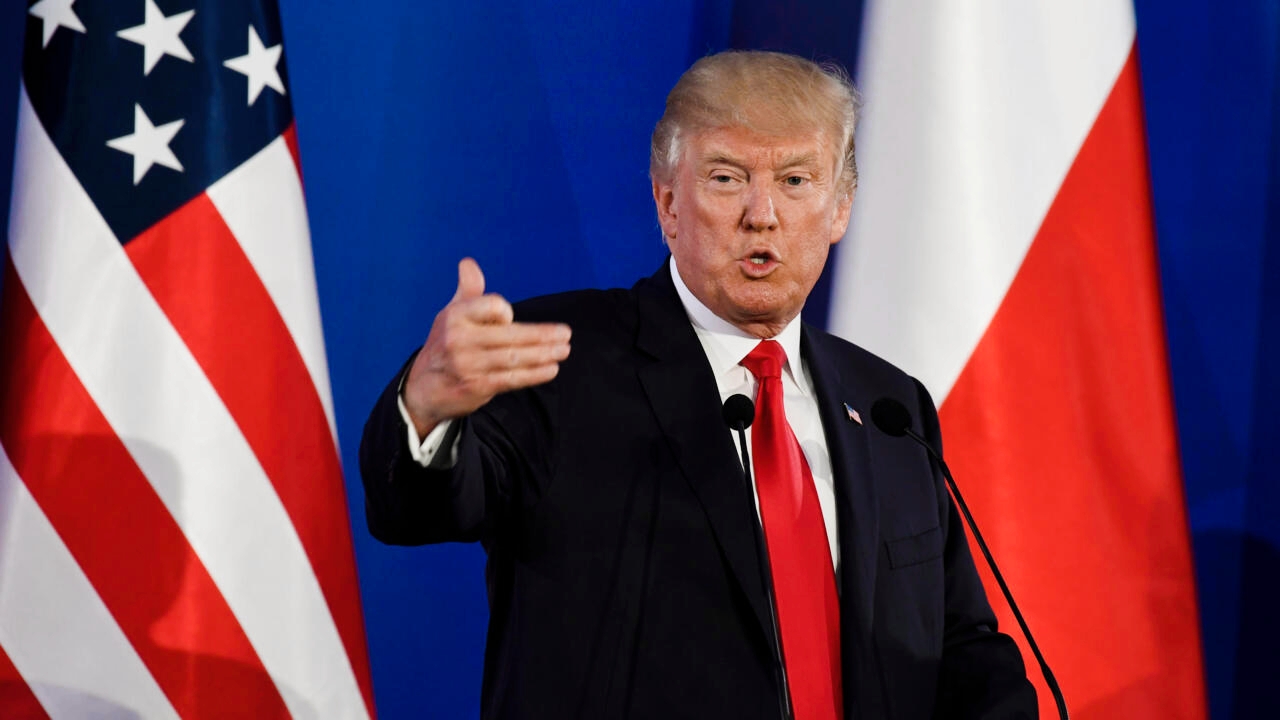In a remarkable shift following decisions to suspend arms shipments to Kyiv, US President Donald Trump announced on Monday, July 7th, that the United States will send more defensive weapons to Ukraine.
During a press conference at the White House, he said, "We will need to send more weapons, primarily defensive weapons," adding that he is still displeased with his Russian counterpart Vladimir Putin, who refuses to engage in the peace process.
While meeting with Israeli Prime Minister Benjamin Netanyahu, Trump pointed out that "the Ukrainians are facing very strong attacks," describing the ongoing Russian assaults.
These statements come amid the complexity of the situation between Moscow and Washington, amidst increasing pressure on the US administration to take a clearer stance on the war in Ukraine.
Since the beginning of the Russian invasion of Ukraine in February 2022, Moscow has continued to insist on its demands, including Kyiv's withdrawal from four areas partially controlled by the Russian army, in addition to the Crimean Peninsula, which Russia annexed in 2014, and abandoning the idea of joining NATO, conditions that Ukraine firmly rejects.
Russian President Vladimir Putin has repeatedly assured Trump that Moscow "will not abandon its goals," a clear indication of his persistence in his military plan despite American and international pressures.
Despite this stubborn Russian stance, Trump has not stopped trying to influence it to end the war.
Last week, the Trump administration announced the suspension of some arms shipments to Kyiv, including Patriot defensive missiles, sparking widespread debate about Washington's commitment to military support for Ukraine.
The previous administration led by Joe Biden had provided over $65 billion in military aid to Ukraine since the invasion began.
Despite Trump's continued skepticism about the effectiveness of providing aid and not announcing any new packages since returning to the White House in January, the escalation of events prompted him to announce the sending of new weapons, emphasizing the defensive nature of this support.

